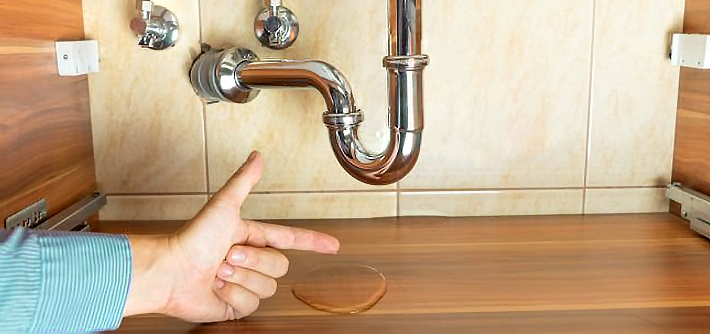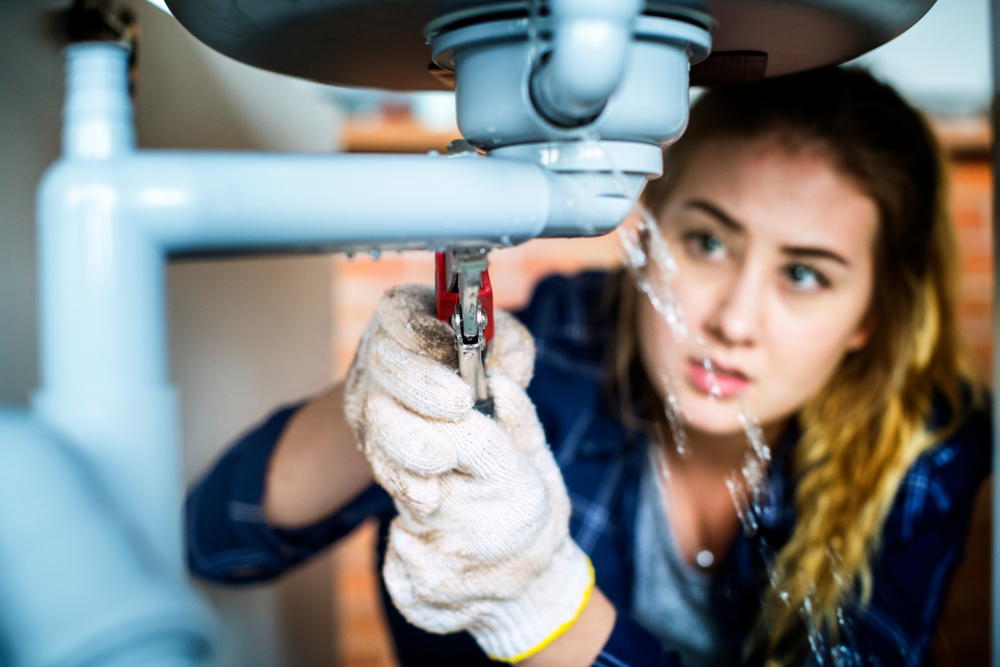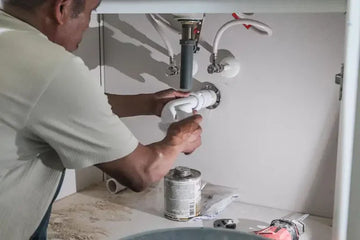In today's rapidly advancing world of technology, the concept of a rechargeable water sensor has piqued the interest of many, especially within the industry QA circles. These sensors offer a unique combination of flexibility and efficiency, allowing for proactive management of water systems. As water conservation and leak prevention become pressing global issues, rechargeable water sensors present an innovative solution for both domestic and industrial applications.
A major advantage these sensors offer is their rechargeability, eliminating the need for constant battery replacements. This not only reduces waste but also ensures that your device is always ready to detect leaks and anomalies in water systems. According to Wiplat's blog on AI in water management, integrating smart sensors like these into systems can optimize water usage significantly.

Why Choose a Rechargeable Water Sensor?
The decision to transition to a rechargeable water sensor system is supported by a host of compelling reasons. Firstly, they are eco-friendly, reducing the environmental impact associated with disposable batteries. This aligns well with the sustainable practices pushed by various industries today.
Secondly, they are cost-effective. The initial investment in a rechargeable system can quickly pay off through savings on battery purchases and reduced water wastage due to timely leak detection. An article on the Connected Shop discusses how these technologies stand at the forefront of modern home solutions, making water management smarter and more efficient.
Features of Top-Notch Water Leak Detection Systems
Smart Alerts
One of the hallmark features of a high-quality rechargeable water sensor is its ability to send smart alerts. These alerts can notify homeowners and industry professionals about a potential leak or issue, allowing immediate action to prevent costly damages. For practical advice on installing these systems, the DripX blog offers a comprehensive guide on how to seamlessly integrate them into existing infrastructure.
Long Battery Life
Long battery life is another appealing feature. A single charge can last months, depending on the usage and specific model, ensuring that your water management system is effectively monitored without frequent interruptions. This aspect is crucial in maintaining efficiency in water consumption and system reliability.
Applications in Industry QA
For those in the industry QA sector, the integration of a rechargeable water sensor goes beyond leak detection. It can be pivotal in process optimization, quality assurance, and compliance with environmental standards. The article on benefits of smart leak sensors further elaborates on how these systems enhance overall system reliability and productivity.
Ensuring System Integrity
By continuously monitoring for leaks and water consistency, these sensors help maintain the integrity of water systems, ensuring compliance with industry QA protocols and avoiding disruptions in service delivery.
Predictive Maintenance
With predictive maintenance capabilities, rechargeable water sensors can forecast potential system failures, allowing for preemptive measures. This saves both time and monetary resources by reducing downtime and extending equipment life cycles.
The Future of Rechargeable Water Sensors
As industries continue to innovate, the future of rechargeable water sensors looks promising. With ongoing advancements in sensor technology, these devices will become even more efficient and integrated into broader systems of energy and water management.
Explore more about how these technologies are shaping the future by visiting external insights like the Pros and Cons of Smart Leak Detection Systems on Best Buy's resource page.

Frequently Asked Questions (FAQ)
1. How does a rechargeable water sensor work?
These sensors detect the presence or the pressure of water using integrated electronic components and send alerts in case of any anomalies.
2. Can rechargeable water sensors save money?
Yes, by preventing leaks, minimizing water loss, and eliminating the need for constant battery purchases, these sensors can significantly reduce costs over time.
3. Are these sensors difficult to install?
Most modern rechargeable water sensors are designed for straightforward installation, often requiring minimal additional tools or technical expertise.






